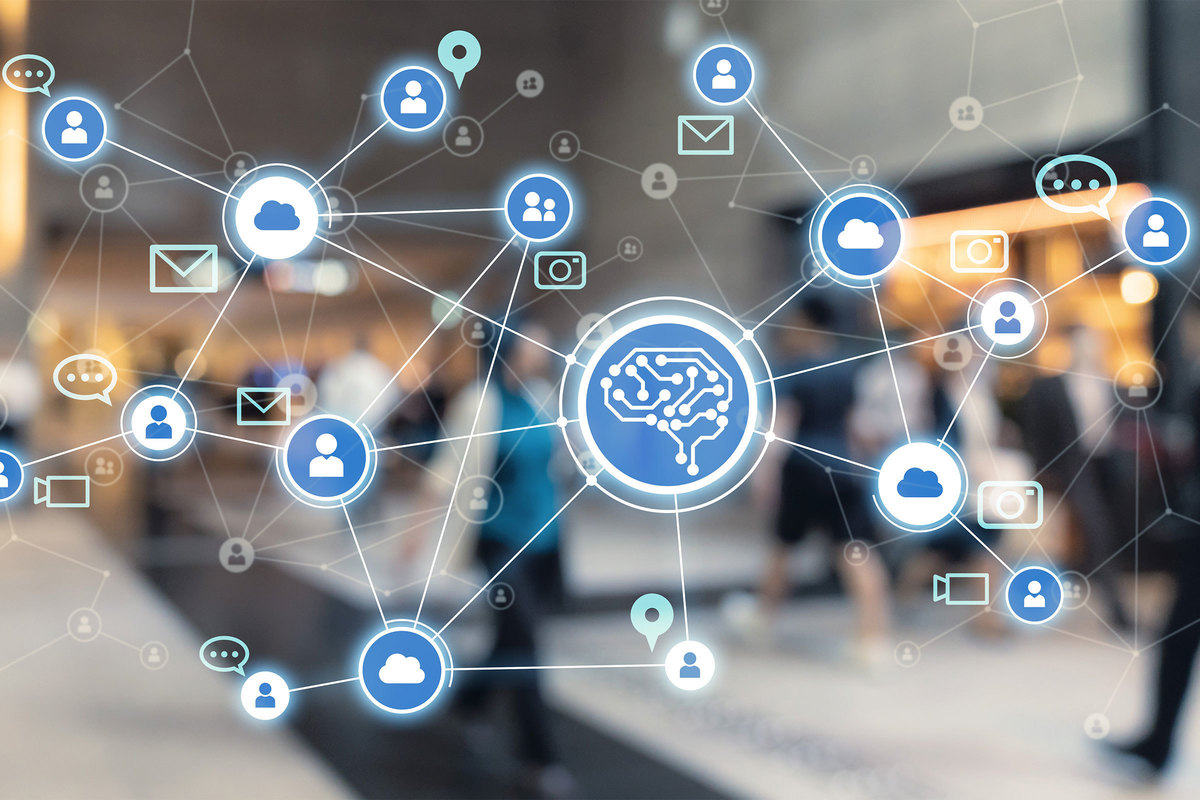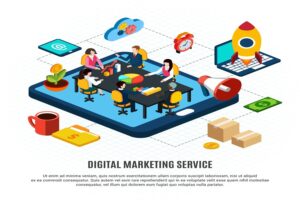
Looking for digital business transformation The process of using digital technology and supporting capabilities to develop a robust new digital business model is known as digital business transformation. Digital transformation is the third level of digital technologies: digital literacy, digital transformation, and digital competence. In the latter stage, digital usages enable new forms of invention and creativity in a particular subject rather than just enhancing and supporting existing methods.
Digital Business Transformation:
The phrase “digital transformation” is perhaps not the most incredible way to express the reality it addresses. Some prefer the term “digital business transformation,” which is more business-oriented. However, digital transformation is often used as a parasol word to describe changes in meaning that are not strictly related to business but rather to cultural differences and evolutions.
For example, Society and Government, legislation and economic circumstances, on top of the difficulties provided by so-called disruptive entrants. When looking at economic transformation holistically, it is evident that changes in society influence organisations and can be very disruptive. No industry, economic actor/stakeholder, firm, or societal segment exists in isolation.
Areas of digital transformation
Digital transformation in the desegregated and joined meaning that it necessitates can affect, among other things, the modification of:
Business functions.
Administration, marketing, operations, customer service, Human resources, and so on.
Business processes
More than one interconnected activities, sets and operation that work together to accomplish a given business goal, business process automation, business process management and business process optimisation play a role. In the digital age, business process optimisation is critical.
Business Models
It describes how companies operate, from their strategy called go-to-market and worth proposition to how they aim to generate funds and efficiently alter their primary business.
Ecosystems of business
Latest ecosystems are being formed between firms with diverse backgrounds, where data and actionable insight become innovation assets on the framework of digital transformation and information.
Business asset management
The focus is on conventional assets, but progressively on less “tangible” assets like customers and their information (improving customer experience is the primary goal of several digital transformation “projects,” and information is the lifeblood of business, any human relationship, technological evolutions). Thus, consumers and their information must both be viewed as revocable.
Organisational culture
There must be a precise customer-centric and the aim of hyper-awareness, which is attained by developing core skills across the board in leadership, knowledge worker silos, digital maturity, and so on, allowing the organisation to be more future-proof. Processes, collaboration, the IT side, and business activities of digital transformation all intersect with culture.
Approaches from customers, employees, and partners
People and strategy come first in digital change. Any stakeholder’s shifting behaviour, requirements, and expectations are critical. It is reflected in several digital business transformation sub-projects like worker empowerment, shifting channel partner dynamics, customer-centricity, user experience, new workplace models etc. For more information visit our Website.







